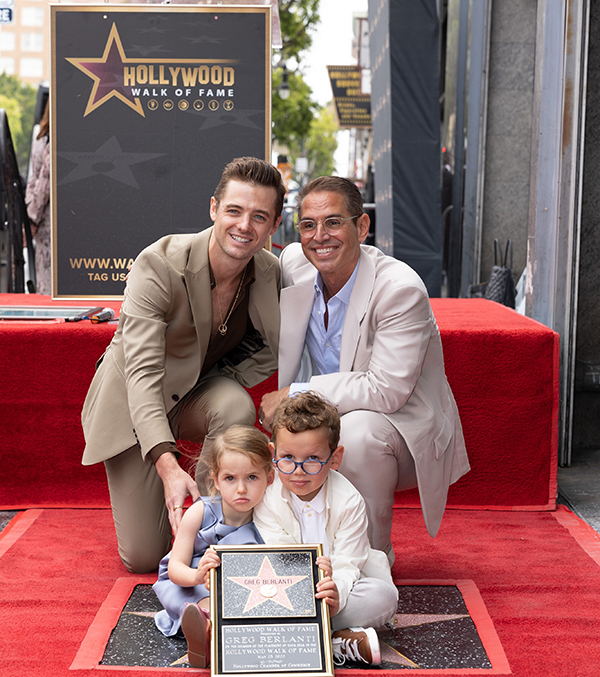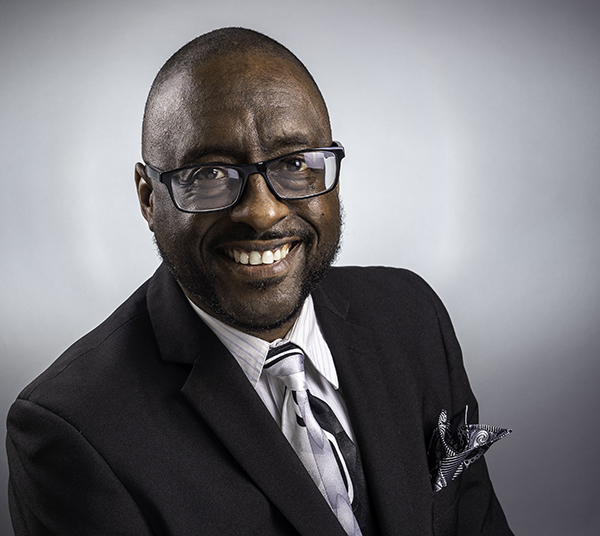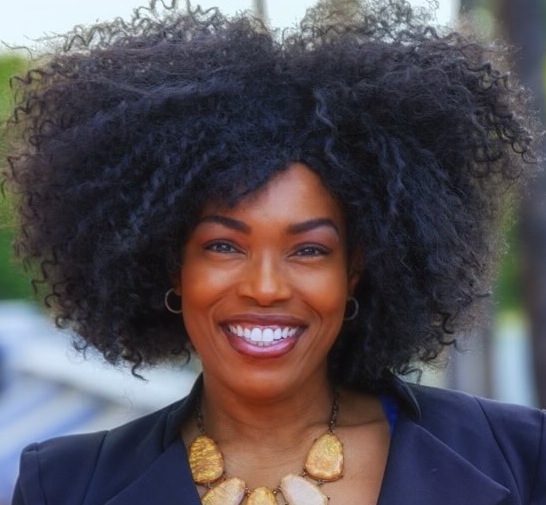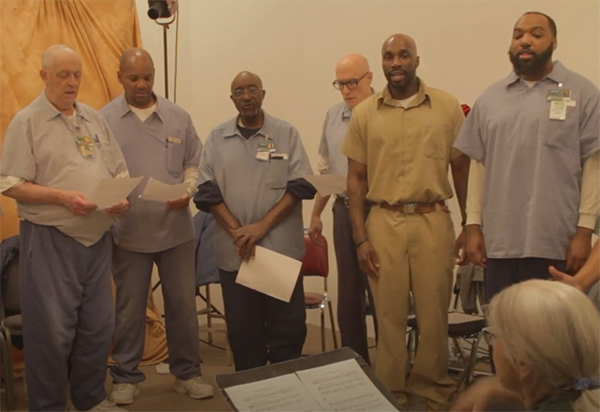Gina Torres talks playing Gertrude in ‘Hamlet’ at Mark Taper Forum: The Q&A

LOS ANGELES — Gina Torres is one of those actresses who always leaves an impression with each role.
During her career, Torres, a New Yorker who now lives in Los Angeles, has appeared in the Matrix Reloaded, 9-1-1 Lone Star, and Suits, to name a few.
Up next, Torres is set to play Gertrude in the Center Theatre Group’s production of “Hamlet,” directed by Robert O’Hara, at the Mark Taper Forum.
This is director O’Hara’s Hitchcockian noir take on one of William Shakespeare’s most famous tales.
O’Hara is the Tony-nominated producer who directed the landmark box office hit “Slave Play” — the most Tony-nominated play in Broadway history.
“I’m terribly excited to be closing out Snehal Desai’s first season with ‘Hamlet,’” O’Hara said. “I’m diving deep into my love of Alfred Hitchcock, David Lynch, Salvador Dali and Perry Mason to tell this story. I like my Shakespeare tragedies lean, brisk and intense. There will be blood.”
Gertrude, the queen of Denmark, Hamlet’s mother, and Claudius’s wife, is a complex character, often portrayed as a woman driven by emotions and desires.
Torres, 56, said she will bring a fresh perspective to the classic tale and is excited to play the strong-willed character.
“She is an interesting character to play,” Torres said. “There’s a lot to discover about her.”
The show, which stars Patrick Ball in the title role, Coral Pena as Ophelia, and Ariel Shafir as Claudius, is playing at the Mark Taper Forum through July 6.
I recently spoke to Gina Torres about her career and upcoming role as Gertrude in “Hamlet.”
DD: Why did you want to be an actress?
GT: I don’t know. It’s not like I pursued it. It’s one of those things. Being an actor is a calling. It takes a certain breed of human to occupy some spaces like a doctor. There wasn’t anything else I wanted to do, except journalism. Journalism is a version of storytelling. The artist is a storyteller at their core. Writing and pursuing the truth is interesting to me. Getting to the truth is interesting.
DD: Why did you want to play Gertrude in “Hamlet,” and how are you approaching this complex character?
GT: She is a lot of things. She appeared on my doorstop and said, “Hey, girl, your turn.” I wasn’t thinking about playing her. At this stage of my career, some things may have eluded me. Doing theater becomes possible and accessible. I didn’t pursue a career in acting and didn’t study it. It didn’t seem like Gertrude was going to be a thing. I’m glad she is. I’m incredibly humbled that she has come along. I’m age-appropriate to play her. This version of Gertrude feels good in my body.
DD: Do you have to like a character to play them?
GT: I don’t have to like the character to play them. That’s ego. If you are concerned, then you are passing judgment. If I’m concerned, then I’m not allowing my truth. I’m trying to get to the truth of this character and what she’s driven by. It may not align with what Gina is driven by.
DD: Are you a Shakespeare fan?
GT: When it’s done well. The writing is quite extraordinary. To get inside, it is wonderful. Shakespeare is not something you can fall into. It’s not something you do in a bubble. You need to experience it in concert with other voices. His words are so large.
DD: How would you describe Gertrude?
GT: She is, in a nutshell. She is a product of her time. She is a queen in title, but how much power does she have because of the time she exists? In “Hamlet,” would she have married Claudius if she didn’t have to? Would that have been her choice if she had ascended the throne on her own?
DD: What resonates with you about “Hamlet’s” power, morality, and mortality themes?
GT: This adaptation has been incredibly eye opening. What O’Hara has done. You have this complicated play with some of the most random moments in the middle of it, which is much like life.
DD: Is this colorblind casting? What are your feelings about colorblind casting?
GT: I have to quote Shakespeare. “The play is the thing.” Very often, a story is not dictated by who occupies the roles. It may be informed by it, so my take on Gertrude isn’t informed by my race or culture but by my experience of a woman of a certain age.
DD: How has Robert O’Hara, the director’s vision, shaped your performance as Gertrude?
GT: We’re finding it. As all good directors do, they let you fly. It’s a wonderful cast and he has a great vision.
DD: What else are you working on?
GT: I’m the voice of Sonja Moreno in the animated series “Kindergarten, The Musical” on Disney+. A podcast called Murder in Montecito is coming out soon.
DD: What does acting do for you?
GT: I feel like it’s part of my soul’s journey. This is what I’m meant to do.
DD: Do you discover things about yourself with every role? If so, what has been the most profound?
GT: I have discovered that strength is not the absence of emotionality or vulnerability. More specifically, femininity. One of my strengths is that I never felt the need to sacrifice my femininity, my softness. All of that was intact. All of my female power was never a weakness. It’s still intact. You don’t have to leverage the essence of who you are. Even men, you don’t have to leverage being indecisive.
DD: What did you expect from showbiz, and what did you get?
GT: This might have something to do with my survival. My expectations vs. my dreams. The dream I had for myself, to a great extent, I have fulfilled. My expectations were informed by the fact that I’m a first-generation child of immigrants. I’m an ethnically ambiguous six-foot-tall woman in a world that likes to put me in a box. I prayed for two things: talent and ability, and a shot.
DD: So, you fulfilled a dream.
GT: My dreams keep changing. If I could get in the room, I could make something happen. I just kept getting in the room. I knew there was a place for me in this world.
Darlene Donloe is a freelance reporter for Wave Newspapers who covers South Los Angeles. She can be reached at ddonloe@gmail.com.





